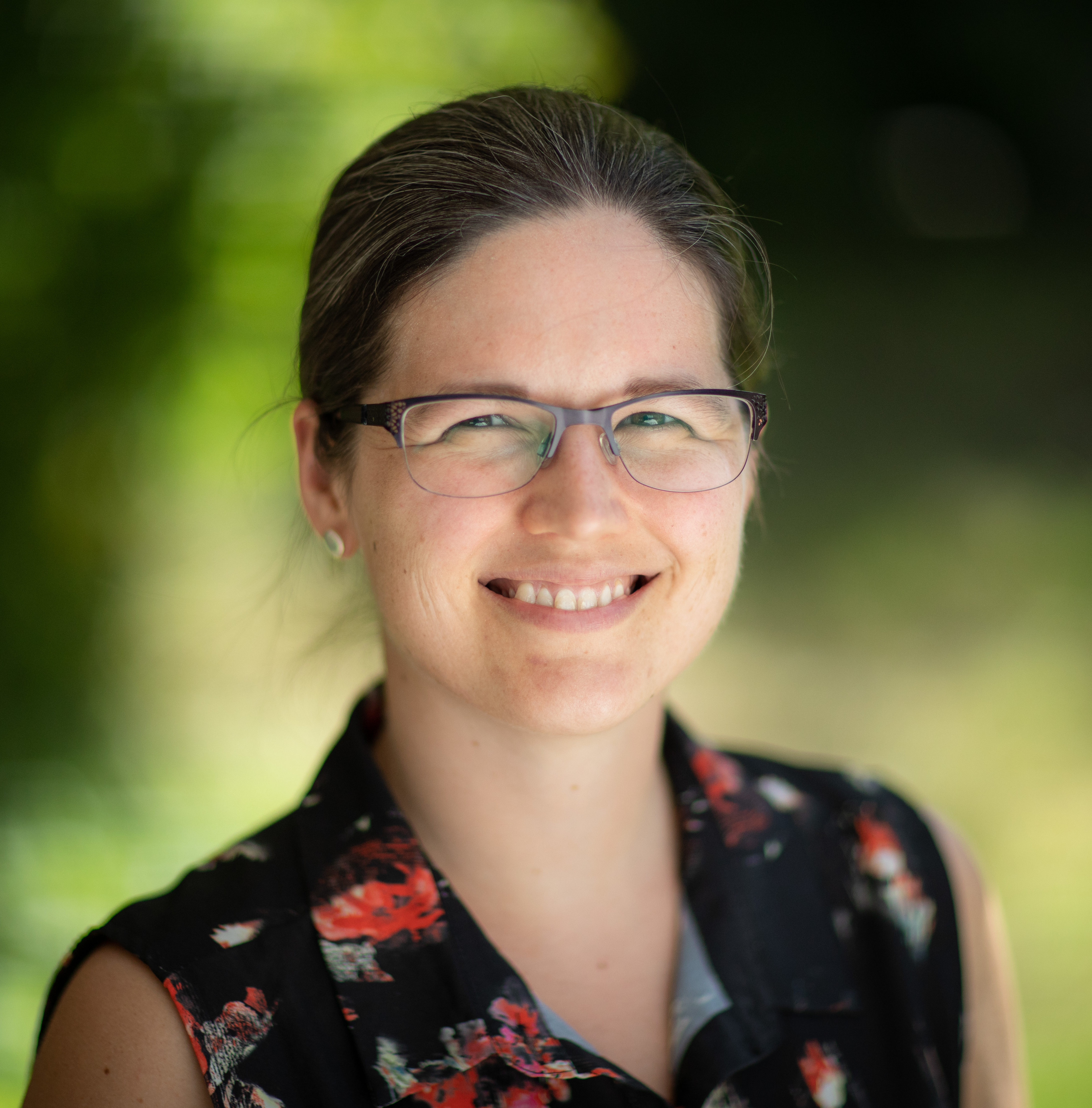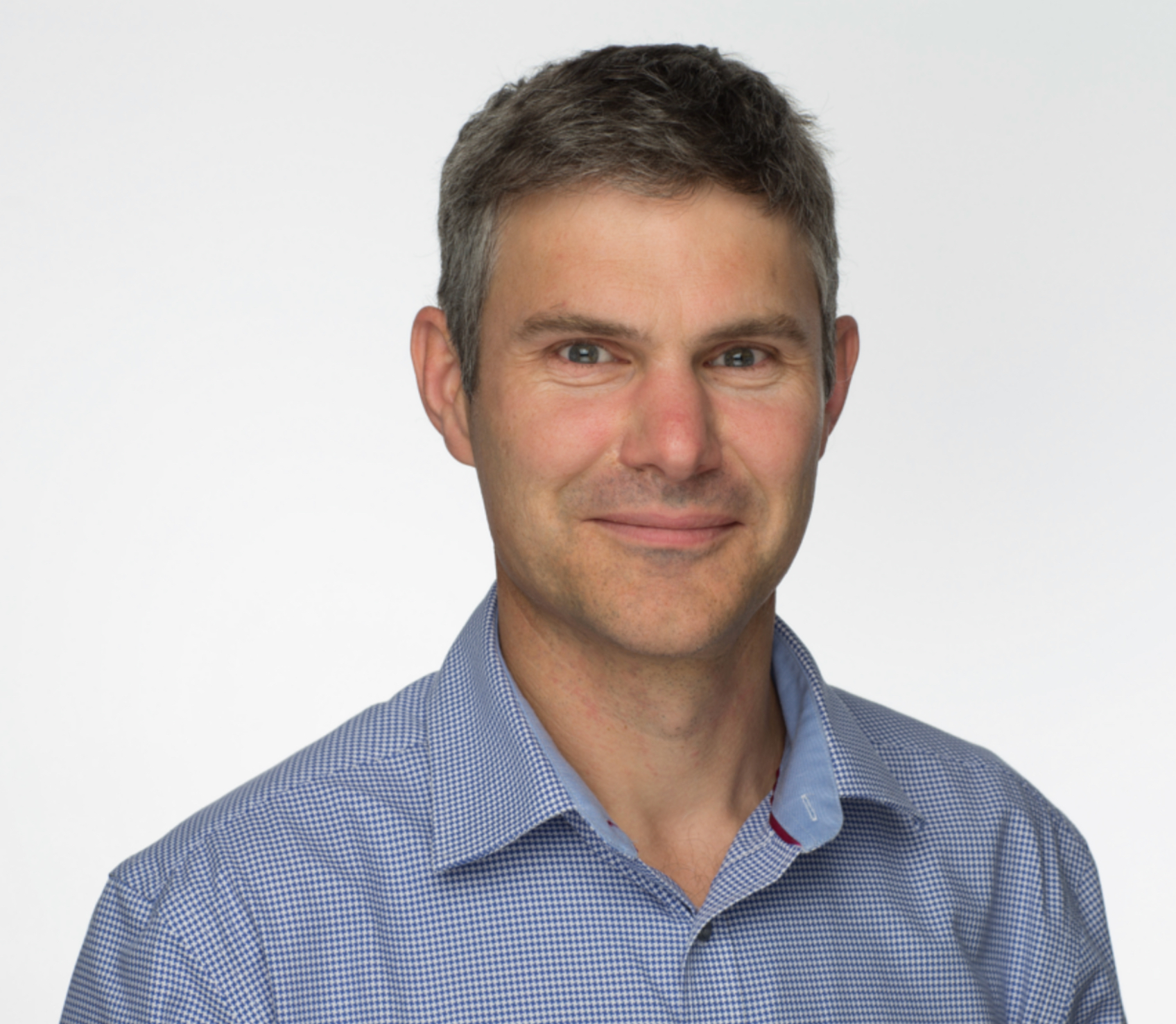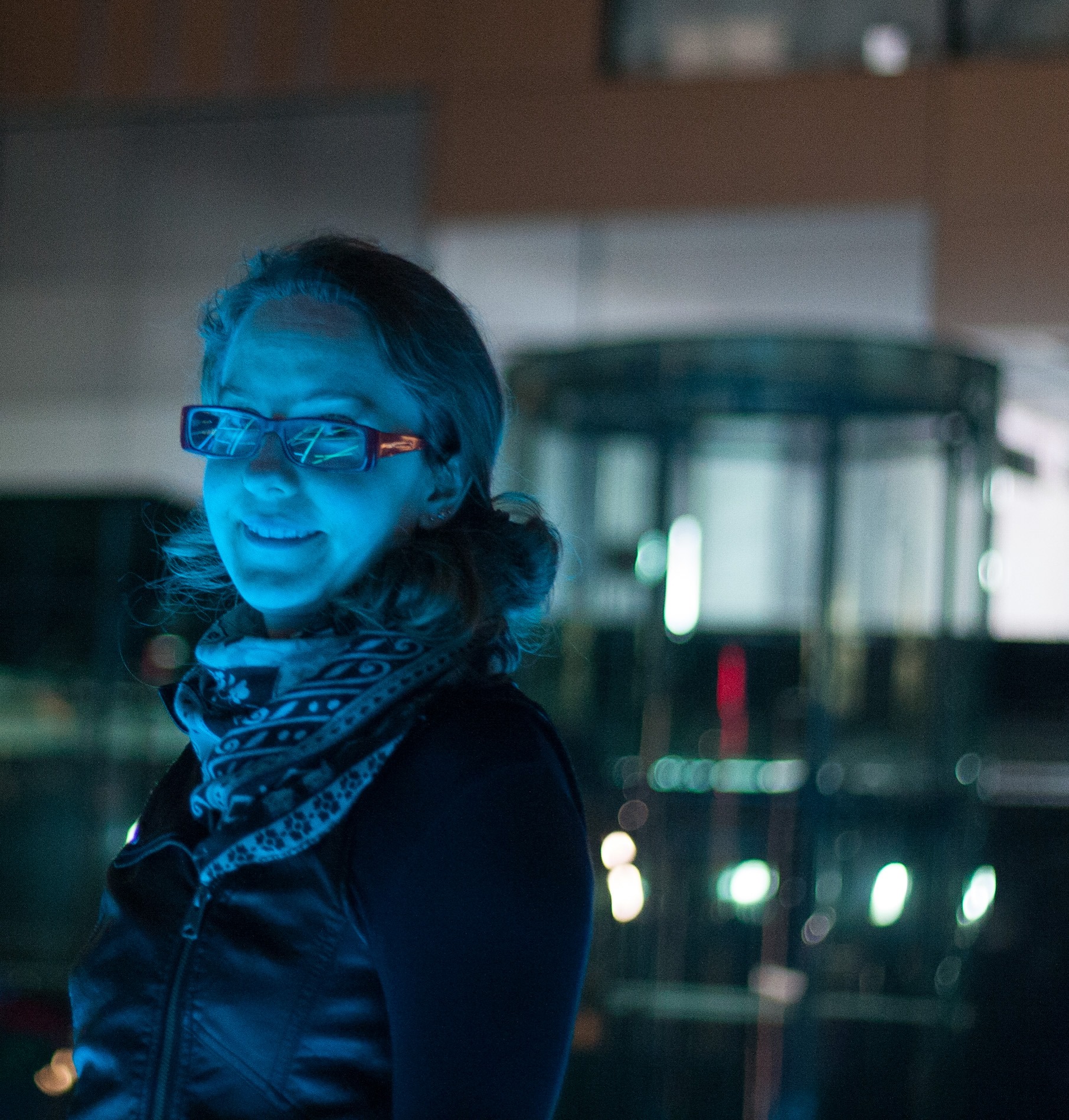MSc in Learning and Teaching, University of Oxford (2013). Currently a part-time DPhil Candidate in Education.
| PGCE Curriculum Tutor | |
|---|---|
| University of Oxford, Department of Education | |
Year entered into industry: 2010
Job highlight: Inspiring future A Level German students by designing trips away to Berlin!
What’s your background?
I loved learning languages at school and had an inspirational German teacher – Frau Wiltshire. I completed my BA in French and German at the University of Oxford in 2009, followed by a PGCE and I began my career teaching languages at secondary schools. I began to move back towards academia when I realised the value of engaging with educational theory in moving my teaching practice forward and this led me to complete a part-time MSc in Learning and Teaching.
The MSc gave me renewed confidence in my teaching practice at school. I began to work as a mentor to new entrants to the teaching profession and realised I loved this aspect. When a position as a part-time PGCE Curriculum tutor came up I combined this with my school teaching. I became involved in the education research projects of my colleagues, who conducted research into fascinating questions about teaching and learning in England’s classrooms with real relevance for teachers. Eventually, I left the school classroom to continue working on the PGCE and begin a DPhil of my own, researching ways in which languages teachers continue to improve and develop their practice throughout their careers. This academic work feeds back into my day to day practice with beginning teachers.
I adore my current job but must admit that I miss the joy of classroom teaching in secondary school! Once I have completed my DPhil I hope to return to the classroom and combine part-time teaching of secondary students with ongoing research projects and PGCE work with beginning teachers.
Can you describe a typical day in your job?
The wonderful thing about my job is that there is no typical day! On Monday I might spend all day reading research articles and thinking about how they can be made relevant to teachers. On Tuesday I might interview a set of practicing teachers about their recent professional development and transcribe the interview data to analyse later. On Wednesday I might read and mark a set of assignments from practicing teachers who are systematically investigating their classrooms as part of their MSc. Thursday might involve visiting beginning teachers in their schools, observing lessons and assisting them in analyses of the complex web of factors which affect the learning of a group of students. Then on Friday I might teach a 3-hour session about lesson-planning with a group of 25-30 trainee teachers!
My research training has set me up to develop research-informed strategies to implement in the classroom and rationally defend my teaching practices.
Which transferable skills are most important to your job?
The self-discipline that you learn when managing your time during self-directed study has been invaluable in the varied role I have today. Also, critical reading skills developed during my PGCE, MSc and DPhil continue to be very useful as my work with beginning teachers requires constant updating of my knowledge about the latest research in second language acquisition.
Do you have any advice for current postgraduate students and postdocs considering a career outside of academia?
My own career development has been one that interweaves academia with work in the industry of education. Completing the PGCE was the best decision I have ever made: beyond enabling me to become an effective classroom teacher the PGCE has opened innumerable doors within the broader field of education. I would highly recommend considering part-time study alongside work in industry as this enables cross-fertilisation of knowledge and skills across two domains in a way that enriches both.
Would you be able to highlight any relevant resources, industry bodies or key websites that might help someone entering the sector familiarise themselves with it?
I can’t recommend the PGCE at Oxford highly enough. It kick-started my career in education by giving me the skills to develop situated methodologies for my classroom, drawing on practical understandings as well as education research.
For those who have a DPhil and who are considering getting involved in primary or secondary education, but haven’t yet made up their minds, there is a great set of resources here.





